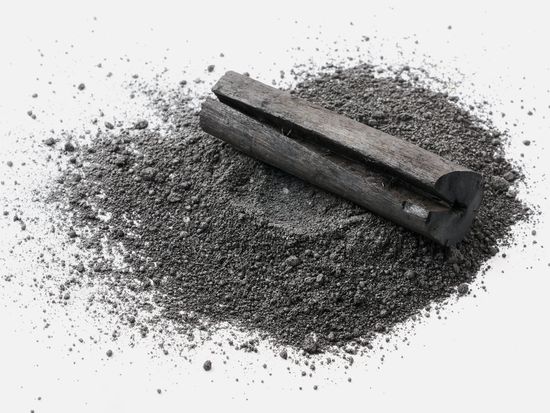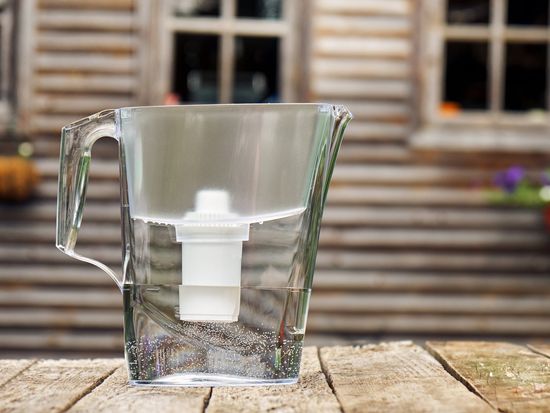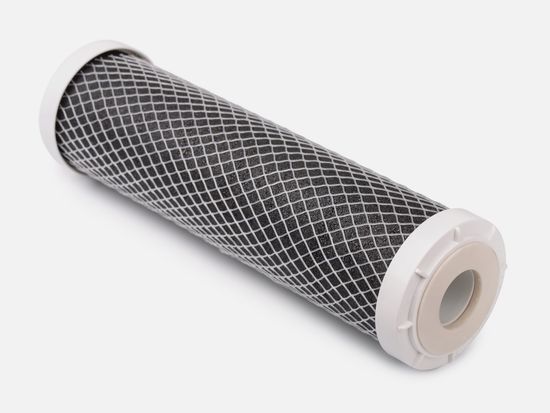Help the environment with an alternative natural product!
Certified by Garden's Best® quality, we produce biochar through a carefully developed process, designed specifically for this purpose and using the most relevant state of the art.
Biochar can be used in many areas, ranging from the field of agricultural to controlling air pollution as well as in the textile industry.
The best quality of biochar
The procedural conception of Carbo-FORCE technology always allows for the best possible product quality, depending on the input material.
For example, the biochar produced with Carbo-FORCE can be certified according to the European Biochar Certificate (EBC) guidelines in all defined quality levels (such as “Premium” and “Feed Grade”).
The GMP+ certificate is the method of choice for the general certification of biochar as animal feed. In the industrial sector, the usual certification systems apply.
How biochar can be used
Use in agriculture
This versatile charcoal can be used many different areas as biochar offers numerous advantages as it is suitable as a silage aid, feed additive or bedding. It serves to promote animal health and reduce odorous substances and emissions in manure and slurry.
Through subsequent use in the biogas plant, biochar effectively contributes to increasing the yield and quality of biogas manure.
Once applied to the fields, biochar serves as a carbon-based fertilizer and pesticide as well as a soil additive for to help develop soils and to reduce nitrate leaching into the groundwater.
By using biochar, you achieve a permanent carbon sink in accordance with the "Framework Convention on Climate Change", Art. 1, para. 8, and makes a positive contribution to climate change.
Examples of use
Some examples of how activated carbon can be used within the field of atmospheric pollution control as well as water filtration.
Activated carbon from biochar will provide excellent results for controlling air pollution and in water filtration. Biochar can be used as a fully-fledged substitute for lignite-based activated carbon, which is still extensively used today. Nevertheless, it does have a substantially better CO2 balance.
As insulating material and for humidity regulation in the construction industry
Biochar can be used in many different areas, one of which is relating to the construction sector. In particular, biochar is used as an insulator and as a humidity regulator.
Biochar has an extremely low thermal conductivity and can absorb up to six times its own weight in water. Due to these properties, biochar is ideal for insulating and regulating humidity in buildings. Used in combination with clay, lime mortar and cement mortar, biochar can be added to the sand at up to 50% by volume.
This results in excellent insulating, breathable interior plasters, which keep the air humidity of the rooms in the ideal range of 45-70% both in summer and winter. This not only prevents dry air from developing, which can bring about respiratory diseases and allergies, but also prevents air condensing on the outer walls, which leads to mould growing.
Even outside, carbon plasters can be sprayed on instead of polystyrene, up to 20cm thick. Homes then become carbon sinks due to their insulation and at the same time have a healthier indoor climate. Should the houses then be dismantled or demolished, the biochar clay plaster can be used directly as a valuable compost aggregate.
Charcoal-clay plasters absorb odours and toxins, which significantly improved indoor air for smokers. In addition to being used in residential buildings, carbon-clay plasters are particularly suitable for warehouses, industrial and stable buildings, as well as for schools and other highly frequented environments.
Textile industry
Biochar can also be used within the textile industry. Adding biochar to textiles improves thermal insulation properties, increases breathability and reduces the development of odours due to perspiration.
Biochar has therefore been used in insoles and socks for quite some time, improving leg and feet comfortable both when moving and not moving.
Pharmaceutical industry
The pharmaceutical industry is one of the most interesting areas of use. Indeed, the sector has great potential for purchasing biochar.
The main uses are charcoal tablets against diarrhoea and for for detox, as well as their use as carriers for active pharmaceutical ingredients. Biochar is also used in creams and soaps and as a dye.











